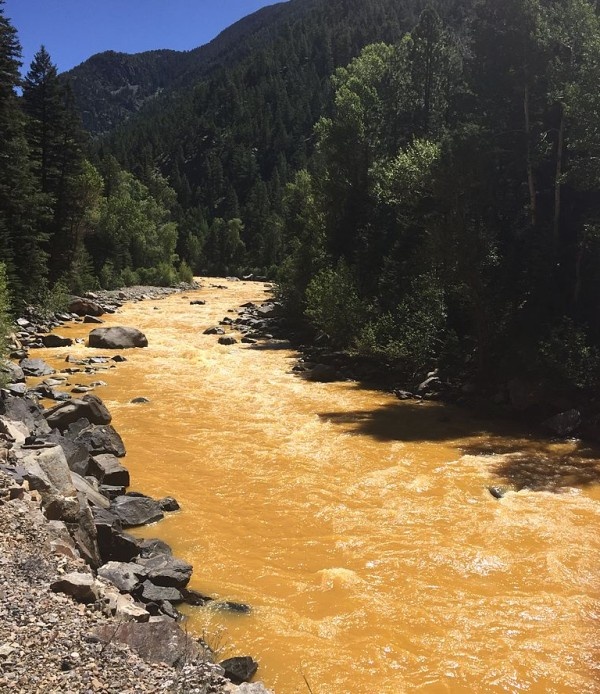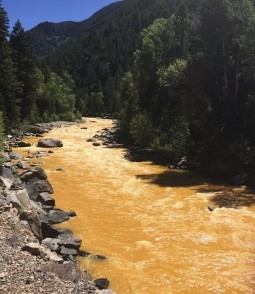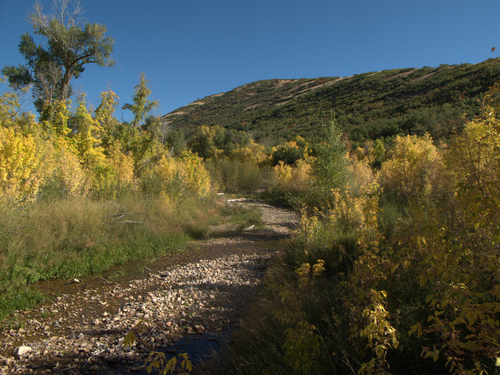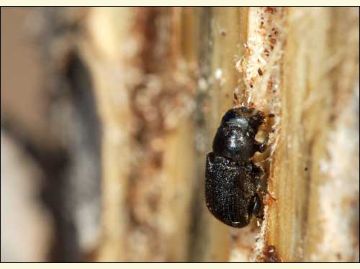 With graduation season is upon us, or in many cases in the rearview mirror, today’s edition of How on Earth is the first of a two-part “Graduation Special”. Our guests in the studio today are scientists who recently graduated with – or soon will receive – their Ph.D. They talk about their thesis research, their grad school experiences, and what they have planned next.
With graduation season is upon us, or in many cases in the rearview mirror, today’s edition of How on Earth is the first of a two-part “Graduation Special”. Our guests in the studio today are scientists who recently graduated with – or soon will receive – their Ph.D. They talk about their thesis research, their grad school experiences, and what they have planned next.
 Morgan Rehnberg – CU Boulder, Department of Astrophysical and Planetary Sciences
Morgan Rehnberg – CU Boulder, Department of Astrophysical and Planetary Sciences
Topic: Small-Scade Structure in Saturn’s Rings
 David Horvath – Colorado School of Mines, Department of Geophysics
David Horvath – Colorado School of Mines, Department of Geophysics
Topic: Planetary Hydrology: Implications for the Past Martian Climate and Present Titan Lake Hydrology Using Numerical Models of the Hydrologic Cycles on Titan and Mars
 Joseph Lee – CU Boulder, Department of Atmospheric and Oceanic Sciences
Joseph Lee – CU Boulder, Department of Atmospheric and Oceanic Sciences
Topic: Wind Energy and Interactions between Wind Turbines and the Atmosphere
Host / Producer / Engineer : Joel Parker
Executive Producer: Susan Moran
Listen to the show:
Podcast: Play in new window | Download (Duration: 27:41 — 25.3MB)
Subscribe: RSS









